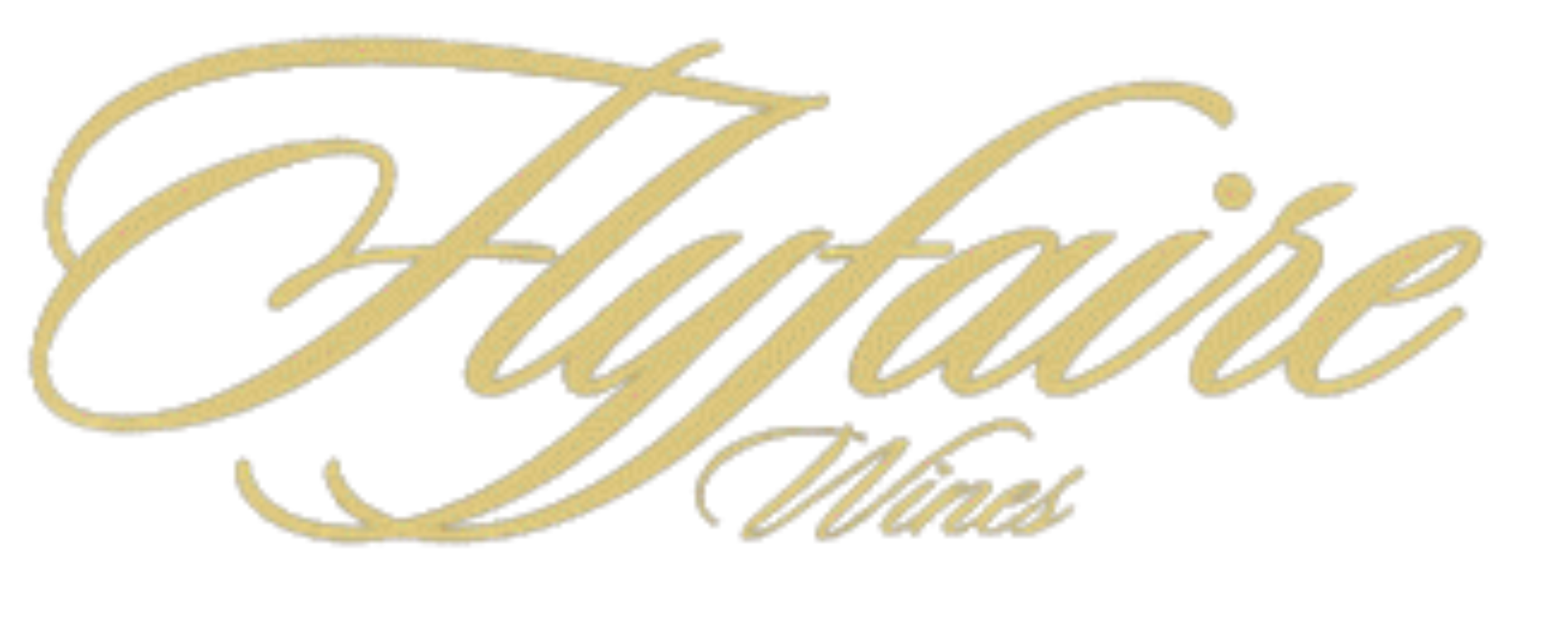Border Mail Newspaper Article | Winery marks Wye’s work

Here is a recent article from the Albury Wodonga region's The Border Mail. The article discusses a recent event held at Flyfaire - the Billy Wye Poetry afternoon. You can read the article at its source here.
By ELIZA ADAMTHWAITE, July 11, 2015, midnight from The Border Mail.
A WOOMARGAMA winery is playing its part in giving a great Australian poet the place in literary history he deserves.
Flyfaire Wines hosted a poetry reading last weekend of the works of Billy Wye, a wandering poet in the class of Henry Lawson and Banjo Paterson.
Wye was born in the Myrtleford area, spent time around Corowa, died at the Wanderer’s Club in Smollett Street and is buried in the Albury cemetery.
But he rode around Australia on a horse, writing poetry about all manner of topics.
His poems include Hovell’s Tree, The Old Wodonga Road, Brumbies and A Laurel Tree At Myrtleford.
His work was published by the Bread and Cheese Club, the Melbourne-based art and literacy society and publisher.
Flyfaire Winery’s Julianne Cox learnt about Wye from 2GHR’s Michael Elvin reading his work on the air at the Holbrook station.
“His poems are so moving that I rang Michael, asking for a poetry reading at the winery,” Ms Cox said.
Elvin suggested inviting Yarrawonga historian Dianne Carroll, who has spent years researching Wye, to recite his poetry.
“Dianne gave us a really detailed talk about his life,” Ms Cox said.
Now Ms Cox has been inspired to plan a festival at the winery next year, celebrating Wye’s work for the 150th anniversary of his birth.
“He really is the last forgotten great wandering poet of Australia, in the vein of Banjo Paterson and Henry Lawson,” she said.
“He’s buried in Albury, a local poet from this district.
“That’s why we like his work, he talks about Albury and the Murray River.”
Mrs Carroll, who wrote Billy Wye: the last true Australian bush poet, said Wye was in the same category as Lawson.
“In 1925 The Bulletin made a statement that Billy was as good if not better than Henry Lawson,” she said.
“The difference was Henry sought fame and fortune but Billy didn’t. Billy wrote about the places he rode about whereas Henry Lawson wrote about the places he heard about.”
Carroll has worked hard to give Wye’s work recognition.
“He didn’t seek fame and fortune, and this is part of Australia’s literary history that has been forgotten,” she said.

